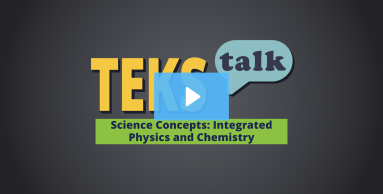
Knowledge and Skills Statement
Research
Ledingham, Kenneth, Paul McKenna, and R.P. Singhal. "Applications for Nuclear Phenomena Generated by Ultra-Intense Lasers." Science 300, no. 5622. (2003):1107-1111 doi:10.1126/science.1080552
Summary: The amplification of laser light to generate powers large enough to affect the nucleus has been the desire of scientists since the invention of the laser 40 years ago. Many lasers, including tabletop varieties, now have pulse powers greater than the electrical power generated by all the world's power plants combined. When this power is focused to dimensions of a few microns, laser-driven nuclear phenomena can occur. Here we review the developments in this research field and describe the potential of laserproduced proton, neutron, and heavy ion beams, together with isotope and isomer production.
